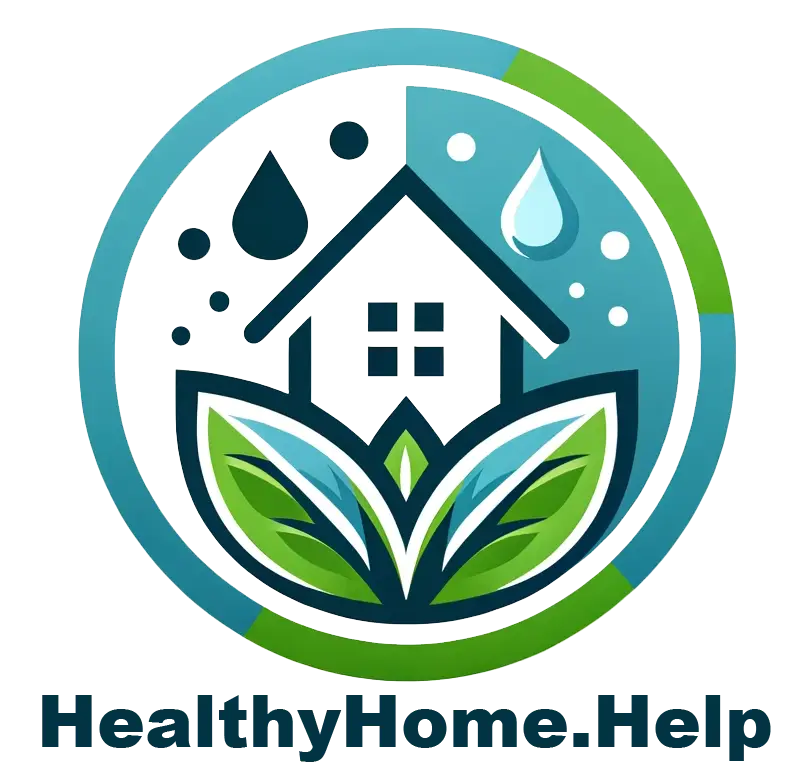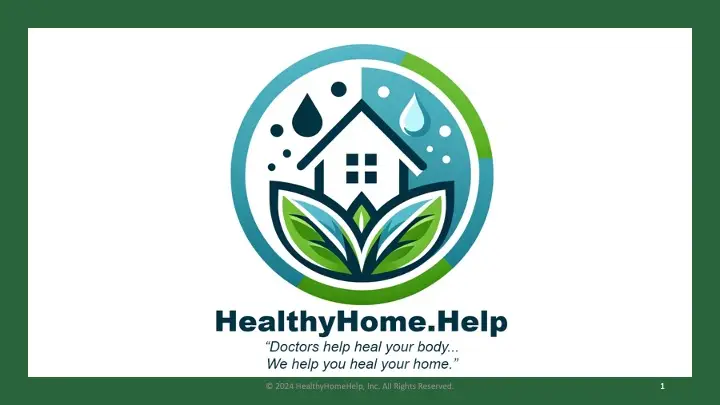FUNCTIONAL AND ENVIRONMENTAL MEDICAL PRACTITIONERS
A functional medicine practitioner plays a critical role in the recovery of individuals with environmental sensitivities, particularly those who have difficulties with detoxification due to genetic predispositions. Here’s how they can assist:
COMPREHENSIVE DIAGNOSTICS:
- Detailed History: Functional practitioners start with an extensive patient history to identify potential toxic exposures and symptoms.
- Targeted Testing: They may use advanced testing methods to detect heavy metals, mold mycotoxins, organic chemicals, and other toxins.
- Genetic Testing: To understand individual detoxification capabilities, practitioners might recommend genetic testing to identify specific polymorphisms that affect enzyme functions related to detoxification.
PERSONALIZED DETOXIFICATION PROTOCOLS:
- Nutritional Support: The practitioner may advise a diet tailored to support detoxification pathways, including nutrients that are essential for the biotransformation and elimination of toxins.
- Supplementation: They often prescribe supplements like N-acetylcysteine (NAC), glutathione, milk thistle, and others that support liver health and detoxification.
- Gastrointestinal Health: As the gut plays a crucial role in detoxification, functional practitioners may focus on healing the gut lining and promoting a healthy microbiome.
- Elimination Techniques: Techniques such as sauna therapy, therapeutic sweating, and lymphatic drainage can be recommended to facilitate the elimination of toxins through the skin and lymphatic system.
- Lifestyle Changes: Guidance on reducing toxic exposure in daily life is provided, including choosing clean personal care products, using safe household cleaning agents, and improving indoor air quality.
- Stress Reduction: Recognizing the impact of stress on health, practitioners might integrate stress management strategies into the protocol.
- Hydration and Exercise: Adequate hydration is emphasized for its role in facilitating the excretion of water-soluble toxins, while exercise is encouraged for its general health benefits and its role in improving detoxification.
By addressing the unique needs of each individual through a holistic and integrative approach, functional medicine practitioners aim to enhance the body’s natural healing processes, reduce the toxic burden, and ultimately support patients in achieving a healthier, more balanced state of well-being.

